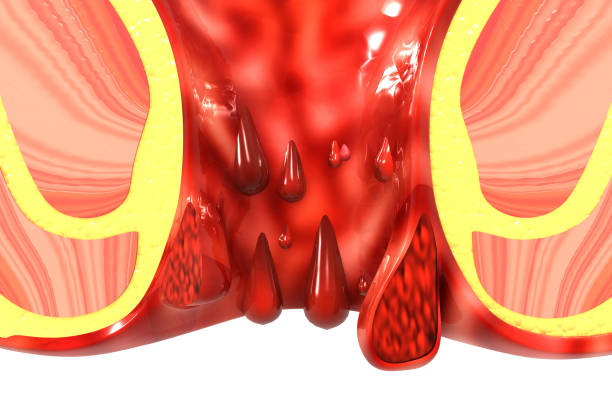Mulvyadh, commonly known as piles or hemorrhoids, is a condition where the veins in the rectum and anus become swollen and inflamed. It can be painful, itchy, and cause bleeding.
Types of Hemorrhoids (Mulvyadh)
- Internal Hemorrhoids – Inside the rectum, usually painless but may cause bleeding.
- External Hemorrhoids – Outside the anus, painful and may form lumps.
- Thrombosed Hemorrhoids – A blood clot inside an external hemorrhoid, causing severe pain.
Causes of Mulvyadh
- Chronic constipation or diarrhea
- Straining during bowel movements
- Sitting for long periods (especially on the toilet)
- Pregnancy and childbirth
- Lack of fiber in the diet
- Obesity
- Genetics
Symptoms of Mulvyadh
- Pain or discomfort in the anal area
- Swelling or lumps around the anus
- Bleeding during or after passing stool
- Itching or irritation
- Mucus discharge
Home Remedies for Mulvyadh
High-Fiber Diet – Eat fruits, vegetables, whole grains to soften stools.
Hydration – Drink 8-10 glasses of water daily.
Avoid Straining – Don’t force bowel movements.
Warm Sitz Bath – Soak in warm water for 10-15 minutes.
Apply Aloe Vera or Coconut Oil – Helps soothe irritation.
Cold Compress – Reduces swelling and pain.
Use Ayurvedic Herbs – Triphala, Haritaki, and Arshkalp Vati help in managing piles.
Medical Treatment
- Creams & Ointments – Doctor-prescribed anti-inflammatory creams.
- Stool Softeners – Help prevent straining.
- Non-Surgical Options – Rubber band ligation, sclerotherapy.
- Surgery (for severe cases) – Hemorrhoidectomy, laser treatment.





